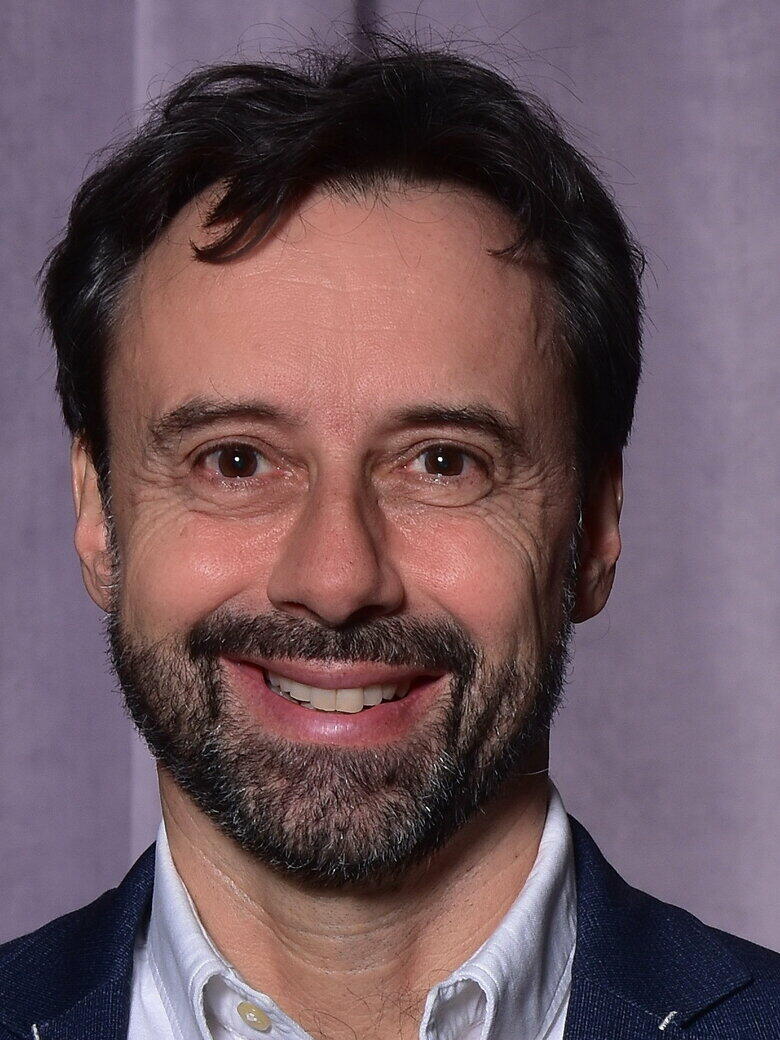
by Professor Feiko ter Kuile, Professor of Tropical Epidemiology
It is very positive news the first malaria medicine for newborn babies and young infants has been approved.
Malaria continues to represent a significant public health burden across sub-Saharan Africa, with the under-five age group experiencing disproportionately high morbidity and mortality rates. Artemether-lumefantrine, marketed primarily as Coartem by Novartis, has become the predominant first-line treatment in most endemic countries. This artemisinin-based combination therapy has demonstrated good efficacy in clinical trials and real-world settings since receiving WHO prequalification in 2004.
Regulatory gap in infant treatment
A longstanding challenge in antimalarial therapeutics has been the exclusion of infants weighing less than 5kg from approved treatment regimens. Paradoxically, this age group is not at highest risk, as infants benefit from remarkable natural protection during early life through maternally transferred antibodies crossing the placenta and the presence of foetal haemoglobin, which impairs growth of the malaria parasite. However, when malaria does occur in this vulnerable population, it can prove extremely dangerous in some babies.
The fundamental challenge has been that most novel and effective antimalarials undergo testing in older children, often due to minimum age or weight restrictions, or simply because few children in this youngest cohort develop malaria during standard regulatory trials. This creates a regulatory impasse: without safety data at market authorisation, drugs cannot be recommended for infants under 5kg; without recommendations, no further safety data accumulate, a catch-22 situation also observed in pregnant women.
Consequently, when malaria does occur in infants under 5kg, clinicians have faced suboptimal treatment options. These have included using adult or older paediatric formulations with potential for inappropriate dosing, given the distinct pharmacokinetic profiles of neonates and young infants, or reverting to older agents such as quinine, which are less effective and more difficult to administer.
New study
The recent Swissmedic approval of Coartem Baby was based on a Phase II/II study, which specifically investigated dosing modifications to account for the metabolic differences in infants weighing 2-5 kg. The study represents a significant undertaking given the inherent difficulties in conducting research in this vulnerable population and the limited number of research centres with appropriate expertise.
The approved formulation includes practical modifications such as dissolvability in breast milk and flavouring to facilitate administration in this age group, which is welcome news. The indication covers acute, uncomplicated malaria infections in infants capable of oral medication administration.
This new development involved collaboration between Novartis, Medicines for Malaria Venture, and the PAMAfrica consortium, with funding from the European & Developing Countries Clinical Trials Partnership and Swedish International Development Cooperation Agency.
Public health implications
The approval addresses a treatment gap affecting an estimated 30 million infants born annually in malaria-endemic areas of Africa. The regulatory pathway utilised, Swissmedic's Marketing Authorization for Global Health Products procedure, enabled simultaneous assessment by eight African countries representing 47% of global malaria cases in 2023. This parallel approval process is a welcome initiative by the Swiss regulator as it allows approval by a stringent regulator and by several African regulators simultaneously using the same data and expert review process saving many years of delay.
Clinical and policy implications
This represents the first clinically proven malaria treatment for newborns and young babies, ensuring even the smallest and most vulnerable can finally receive the care they deserve.
This approval represents a notable advancement in addressing a previously neglected patient population. I think it is fair to say that Novartis deserves recognition for their sustained commitment over decades to addressing this neglected patient population, as this will significantly simplify malaria treatment guidelines. The company has indicated plans to make the treatment available on a largely not-for-profit basis in endemic areas, which is highly commendable as this targets the poorest communities.
The real-world impact will depend on factors including healthcare system capacity, training of healthcare providers, and effective distribution mechanisms in resource-limited settings.